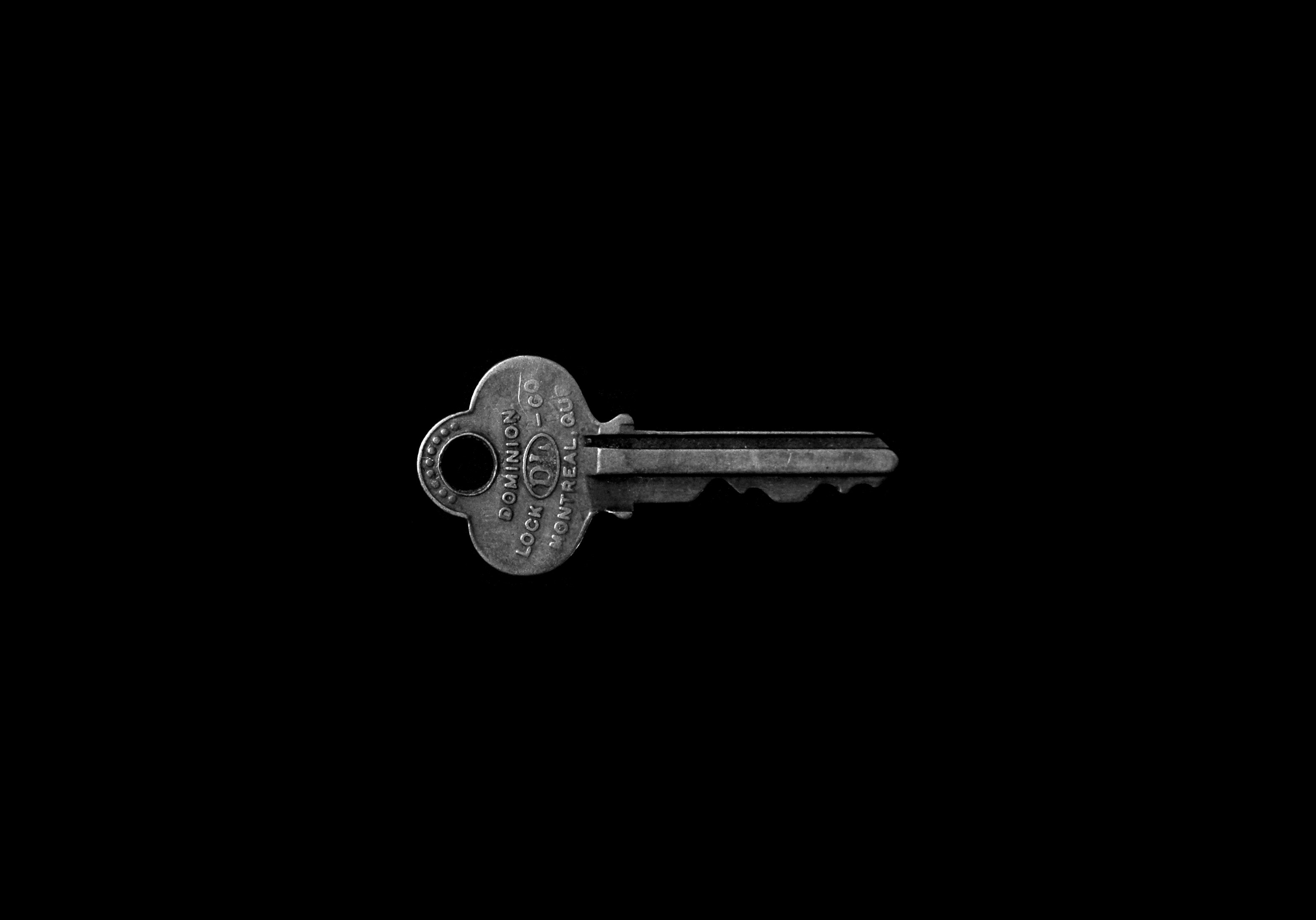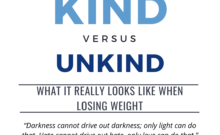We often hear, “consistency is key” when it comes to weight loss. This seems like good advice. In general, it is good advice. This statement, however, is a more than a tad vague, and therefore, subject to be enacted in a way that doesn’t fully benefit us.
Let’s consider for a moment that consistency might have a dark side.
I have seen this happen in myself and others. Typically, when someone sets out to lose weight, they put a plan in place. They make a list of goals. It might include items like: run 30 minutes 4x a week, drink 8 glasses of water everyday, and lose 2 lbs per week.
What happens when we don’t hit these goals? Because, you know, consistency is key to success and you aren’t being consistent. You feel like you are failing. The shaming self-talk begins. “It’s only been 2 weeks and I am already not doing my plan. I suck. I don’t know why I am doing this anyways.” This can then lead to giving up. After some time has passed, and we’ve soothed ourselves with food, gained a few pounds, we might get up the nerve to try again. “This time will be different. This time I am going to be hardcore. I am going to be super consistent.”
Does any of this sound familiar?
What if – stay with me here – it was the striving for consistency that was part of the problem? What if we planned for inconsistency to be part of the process, knowing that it would happen? And, what if the inconsistency is actually the wise teacher in the scenario?
A change in framework that I have found useful is to think of myself as an experiment. (I have a research background, so this is an easy metaphor for me). When you think about a science experiment, you may approach it with a hypothesis. You have a plan for what you think is the best method to test it. But, you stay open to seeing what happens once you put your plan into action. Then, when you do the next experiment, you learn from what did and didn’t work, and you readjust. You don’t berate yourself for not getting it right. You don’t stop studying, learning and refining.
Thus, it should be when we are talking about ourselves as well.
For example, when I wanted to work on getting more water in each day, my first strategy was to get one of those big jugs that actually holds 64oz of water. I thought if I just filled that up once day, it would be easy. I would just drink a jug each day. Good theory. But for me, it was too heavy and bulky, and I didn’t constantly want to tote it from home to work and back home, and have lukewarm water. For these reasons, I wasn’t doing it.
But, I didn’t give up.
I took a look at the data and determined a new method. After a few rounds of trial and error, I was able to establish a routine that I enjoy, stick to, and find convenient. I have a cup of tea in the morning at home. At work, I fill up a 24oz bottle and drink that at work. When I get home, I fill up another 24oz bottle and finish. Then, at the end of the day, another cup of tea. This works perfect for me. But, it took me a lot of being inconsistent with an open and curious mind to find my consistency.
We need to give ourselves permission to stay open, curious and kind. When I come from this place, there is never a reason to quit. I can see that my actions are all providing me information I can learn from, and that it is there to help me to see the next step. To help me be a better me.
We can then see every inconsistency as a step up, not a misstep.




Lauren
Great post! It’s always a good reminder to reevaluate expectations. Building room for inconsistency definitely helps me feel less of a failure. Thanks for sharing!
Teresa Keever
Thanks, Lauren! I agree, we have to be more kind to ourselves.